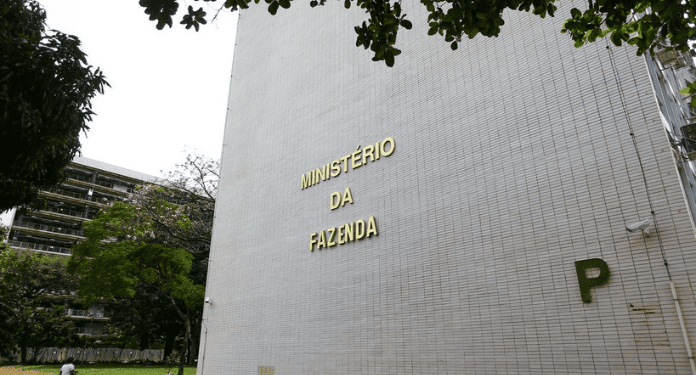The Ministry of Finance is on alert due to the possibility of the opposition significantly compromising revenue from the regulation of sports betting.
The Treasury‘s calculations indicate that, if the opposition is successful in its attempt to remove online casino games from the betting regulation project, the expected revenue will suffer a drastic reduction.
Economic prospects at stake: challenges and opportunities
According to estimates from Fernando Haddad’s ministry, the government could accumulate R$1.7 billion in 2024, if it implements the project being processed in Congress as planned.
However, if the opposition is successful in its intentions, taxes from sports betting could be limited to a modest R$360 million next year.
Social and business developments
The Ministry of Finance’s calculations are based on sectoral data, highlighting sports betting as a central component.
This represents 40% of the companies’ revenues in the regulatory project.
The exclusion of online games, such as casinos, would significantly reduce the domestic market potential from R$15 billion to just R$3 billion.
The projection of R$360 million arises from the application of the 12% rate established for sports betting.
The vote on the project was scheduled for this Wednesday, the 6th, but was postponed. According to Agência Senado, the vote in the Plenary should take place on December 12th.
Given this scenario, the Treasury expressed its concern about the potential adverse economic repercussions.
Instability around the project
The instability of the sports betting regulation project increases the concerns of the Ministry of Finance, highlighting the importance of the sector for the economy.
In addition, the financial impacts, the withdrawal of online games would affect job creation and the competitive dynamics of the market, increasing the complexity of economic challenges.
In this context, the Treasury highlights the need for a debate in Congress to balance interests and guarantee the sustainability of public revenues.




















































